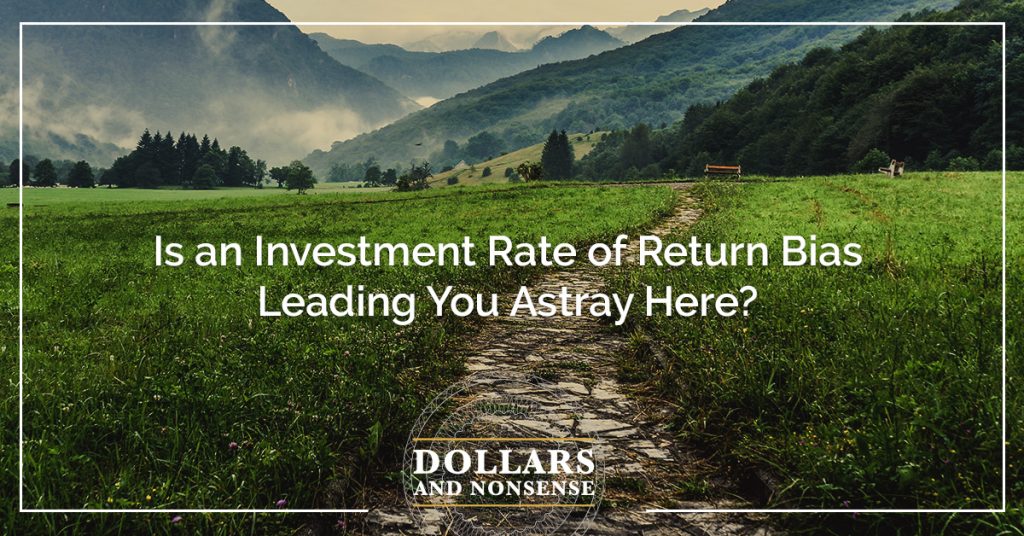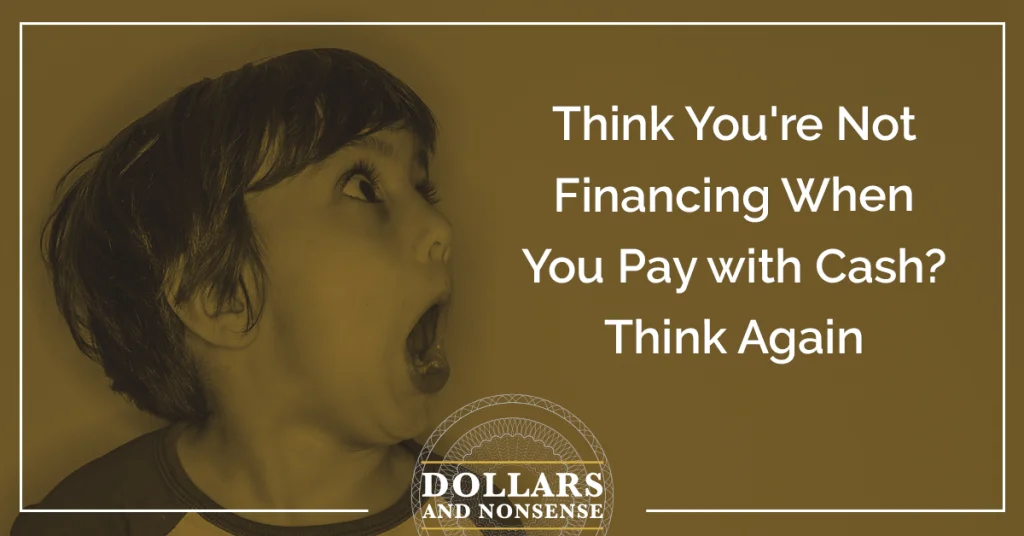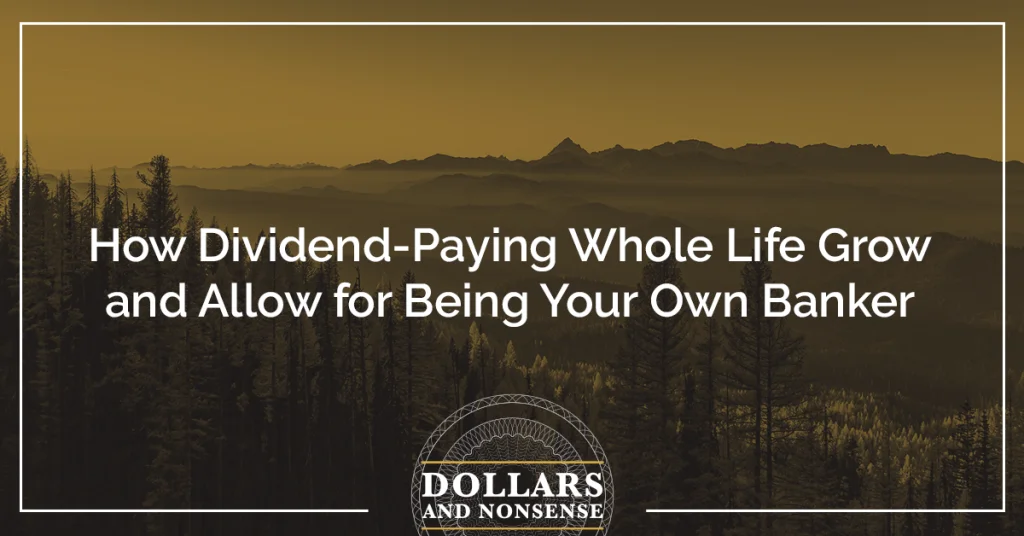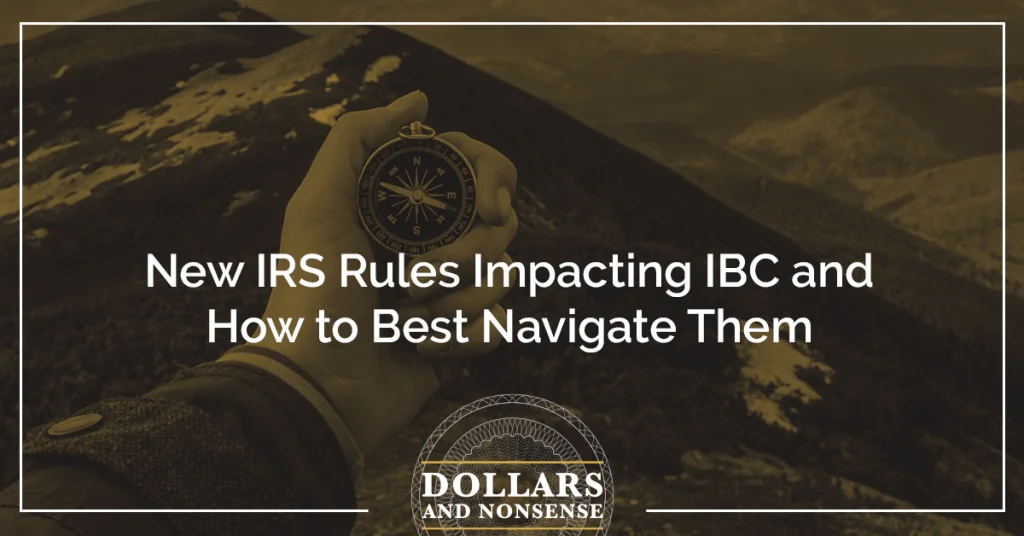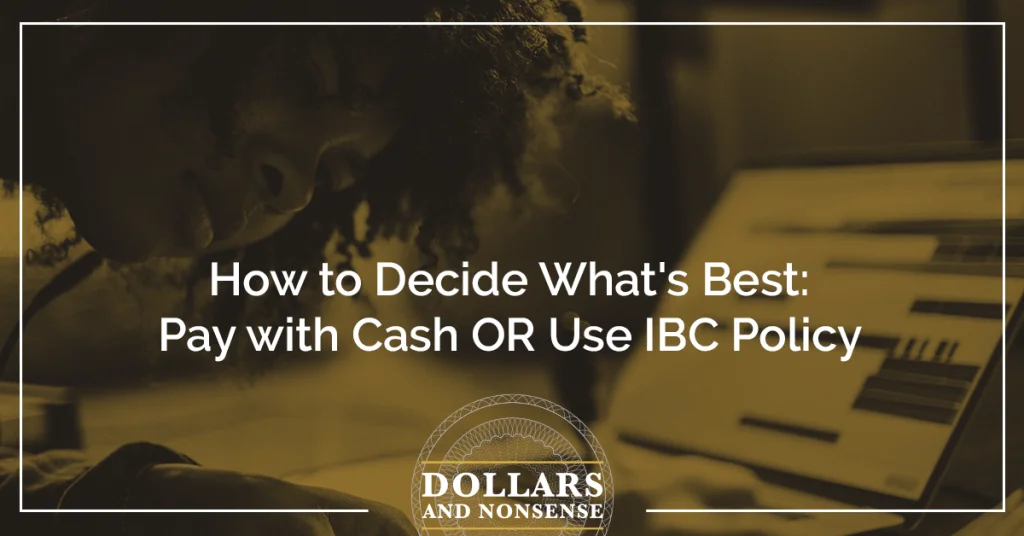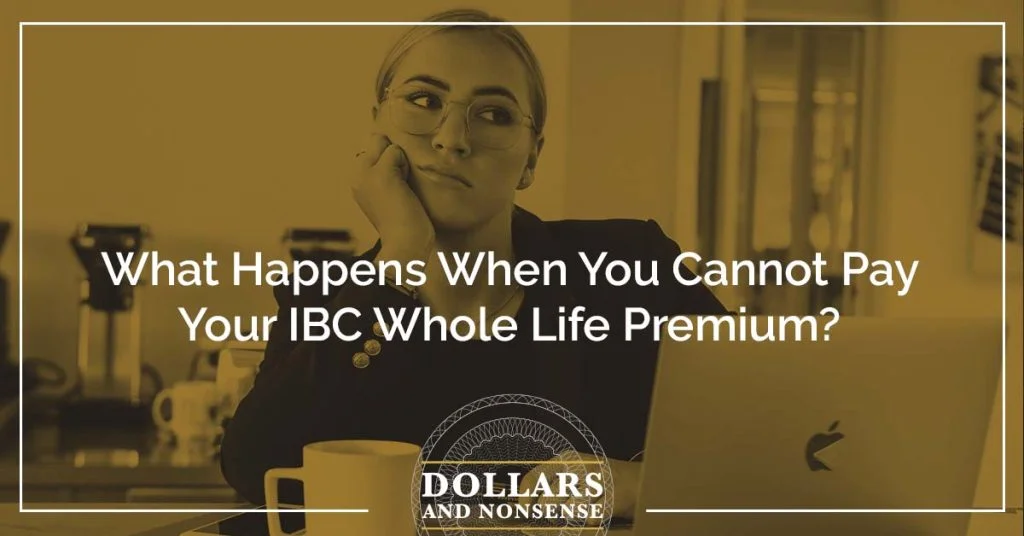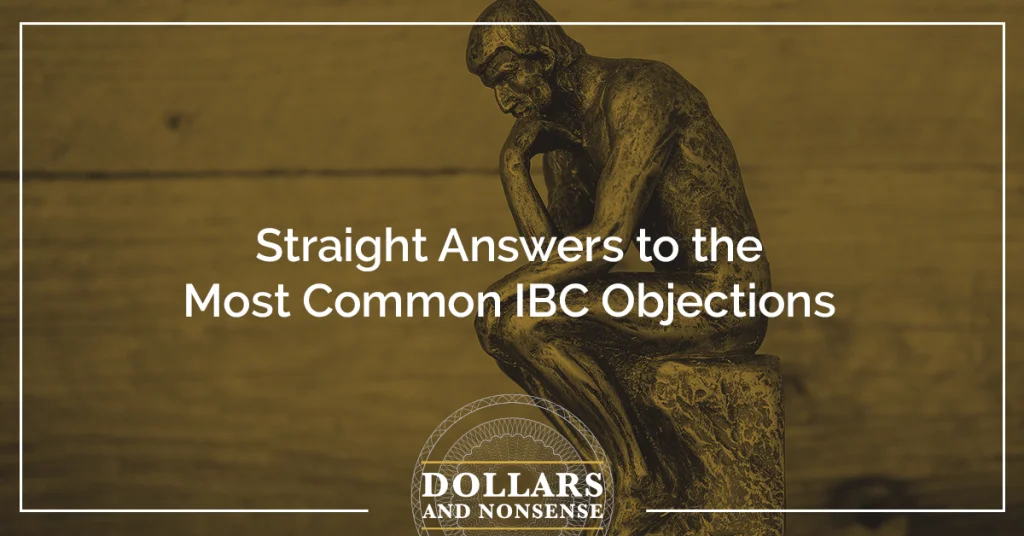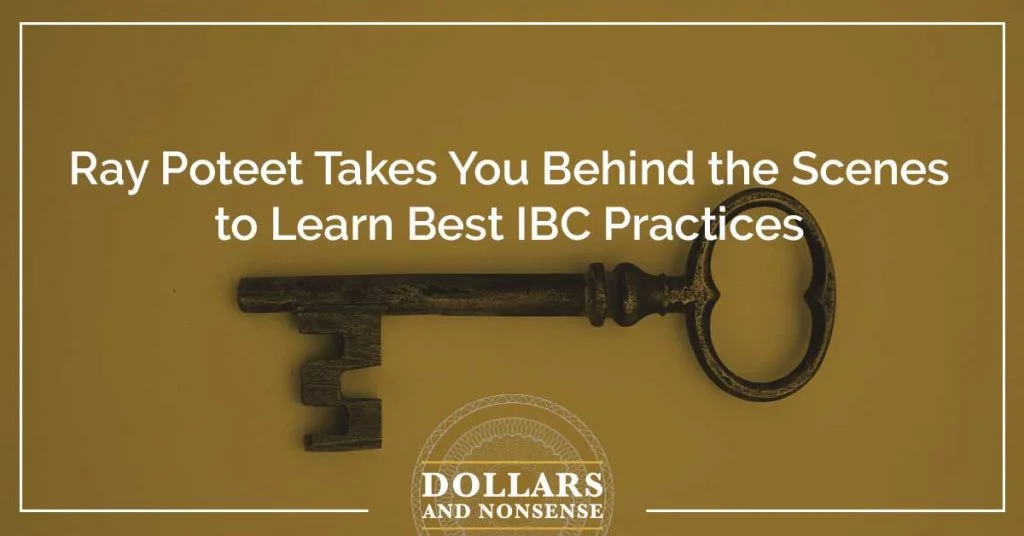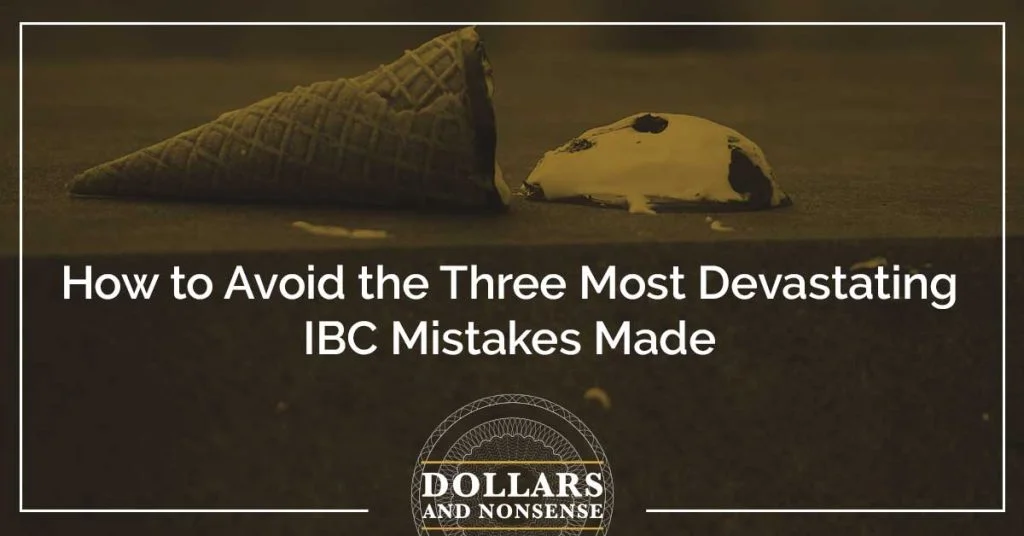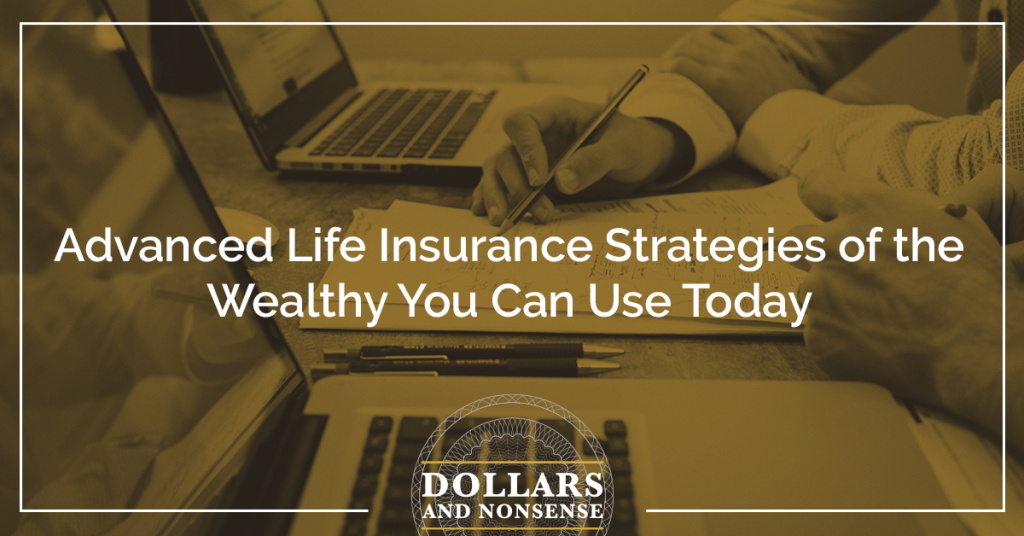
E135: Advanced Life Insurance Strategies of the Wealthy You Can Use Today
In this episode, we discussed the advanced life insurance strategies that the wealthy have been using for years. Whole life insurance is one of the most commonly used assets for high net worth individuals, from executive-level compensation packages to transferring large estates. We wrap up by discussing how the infinite banking concept is the one


